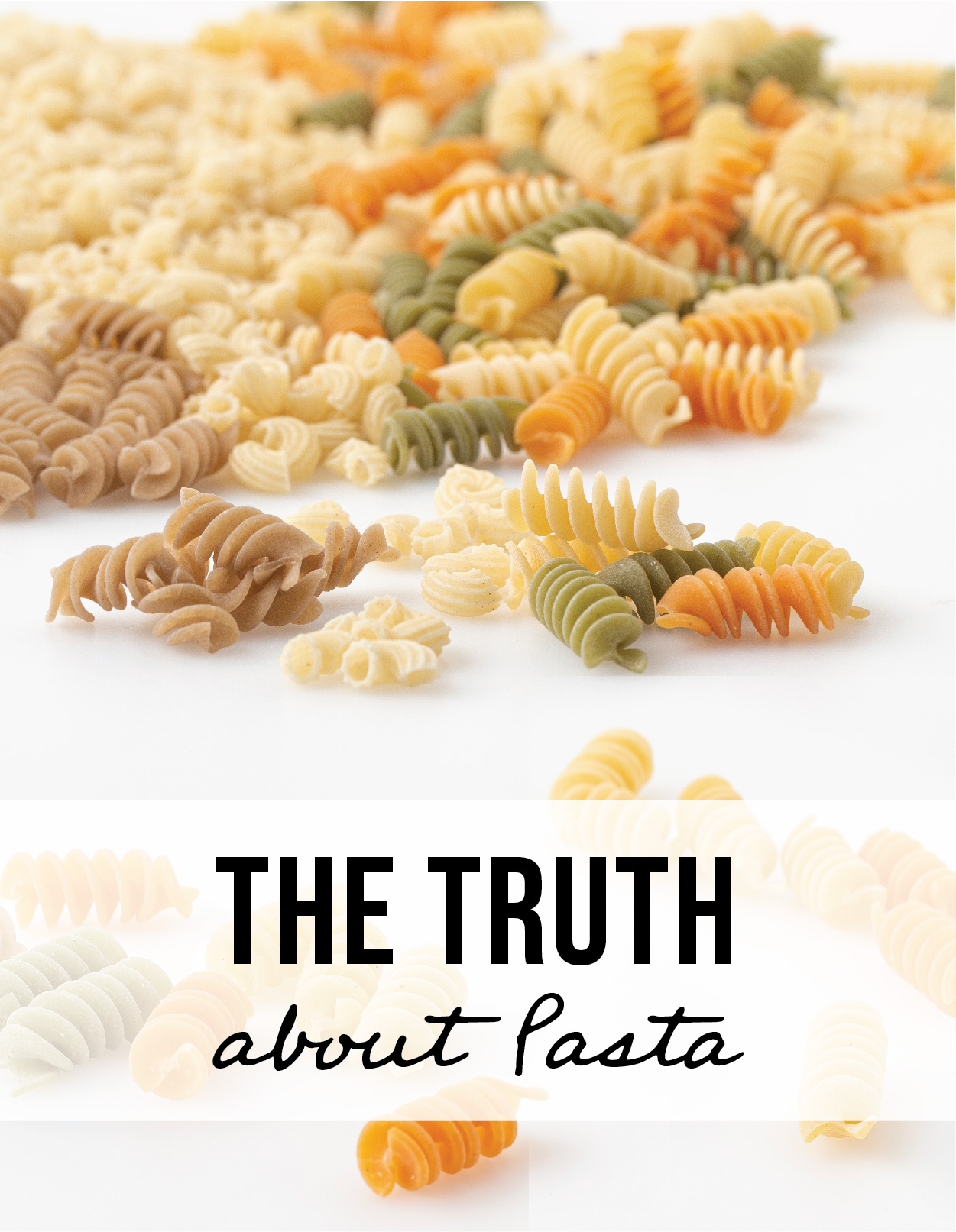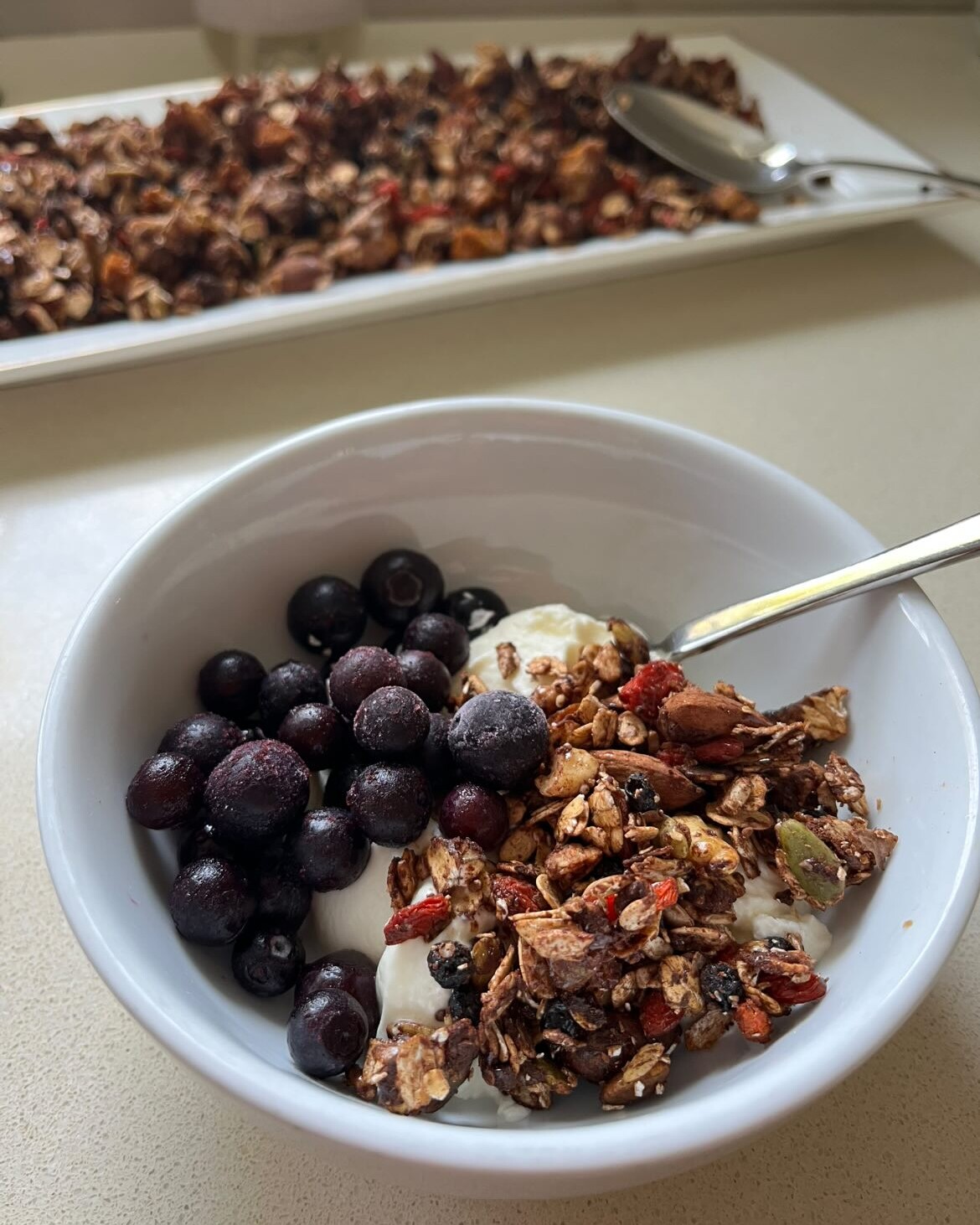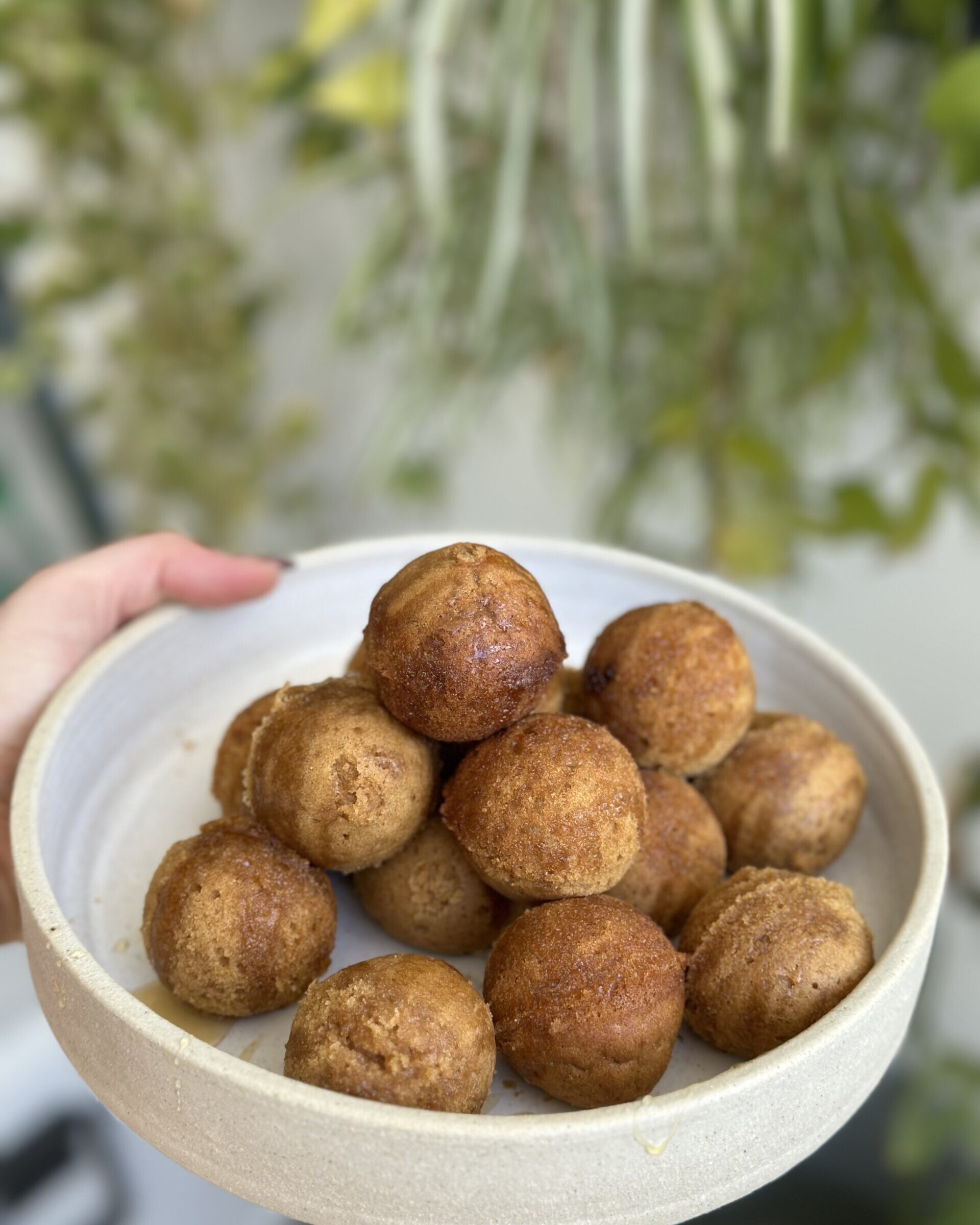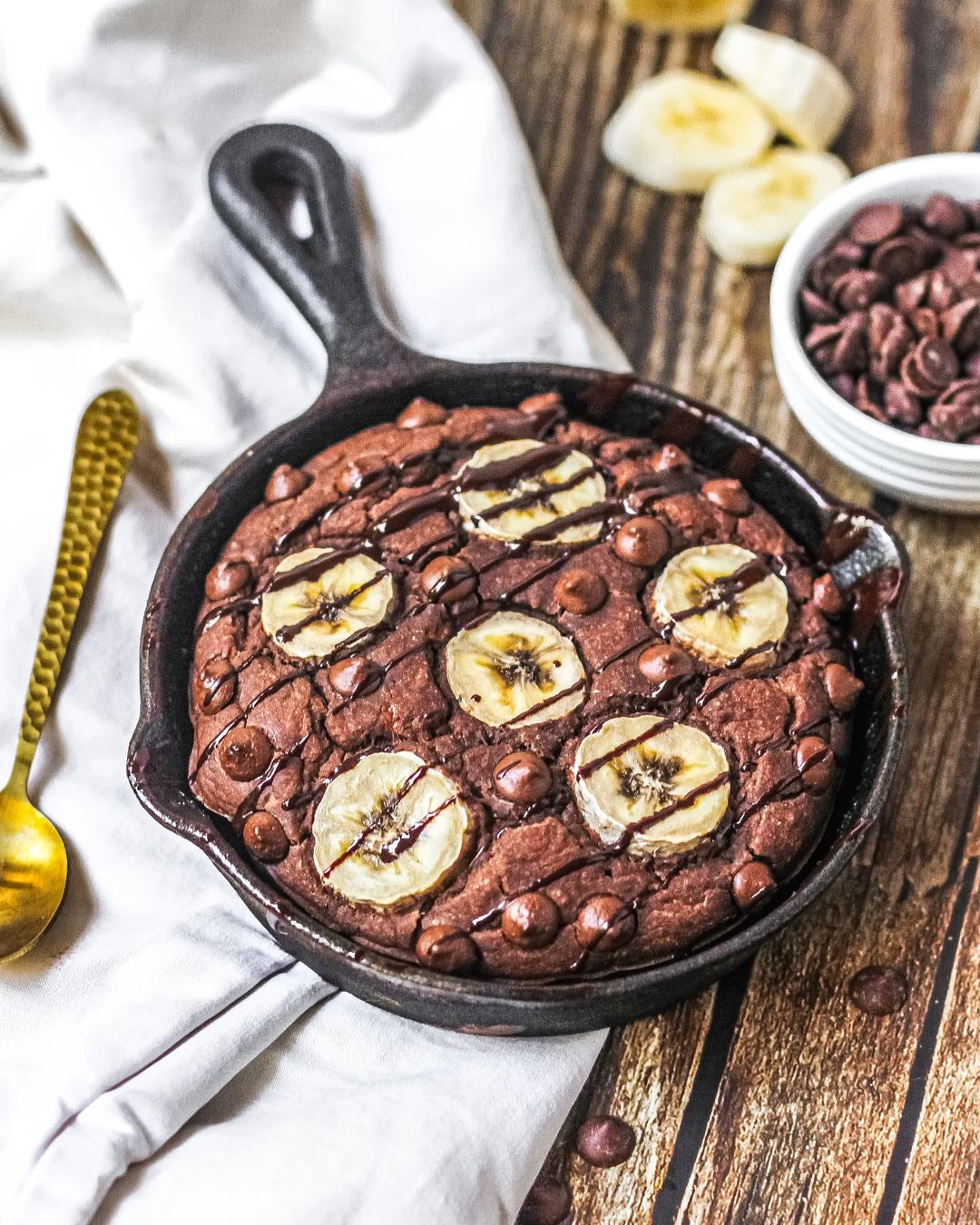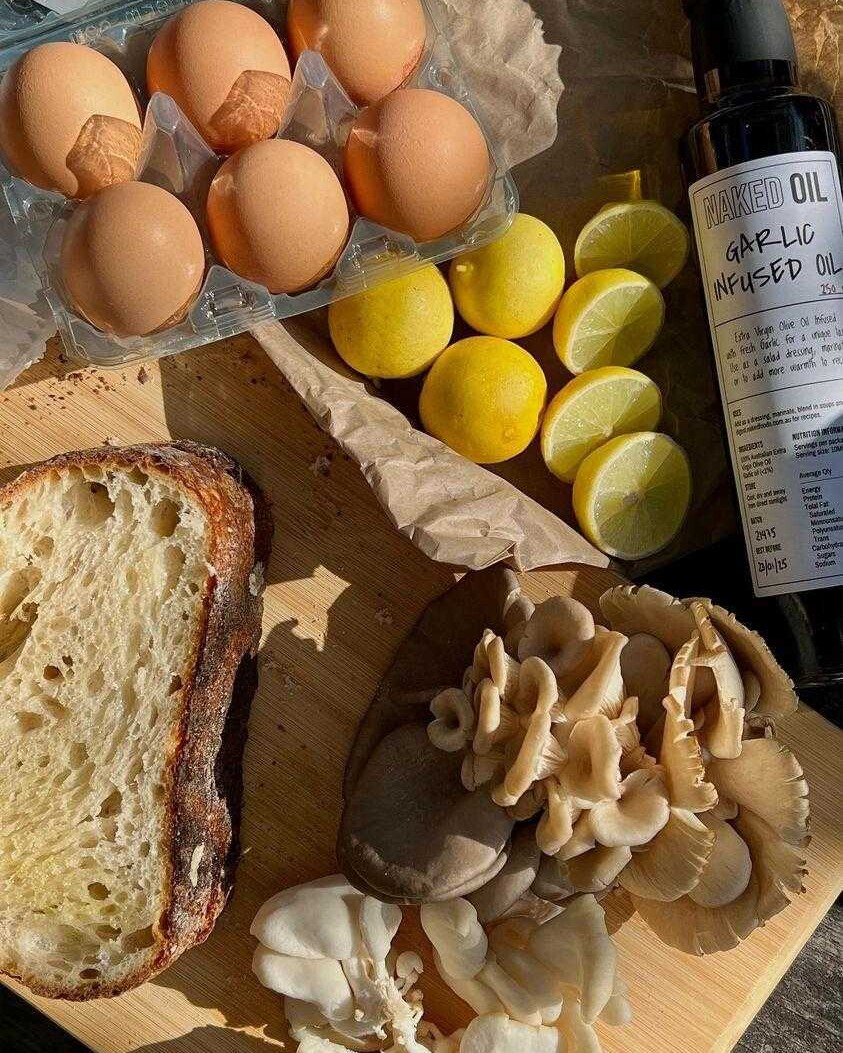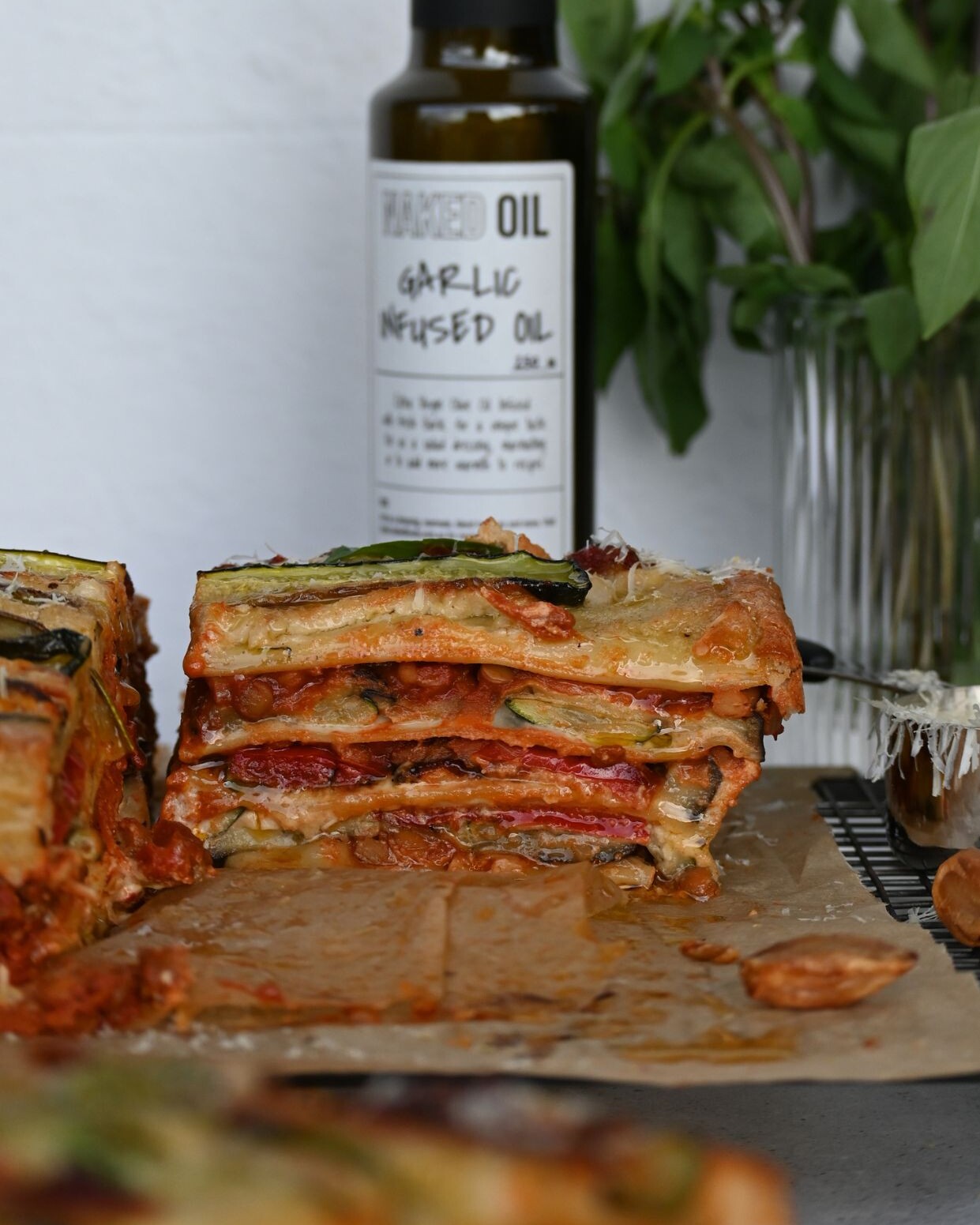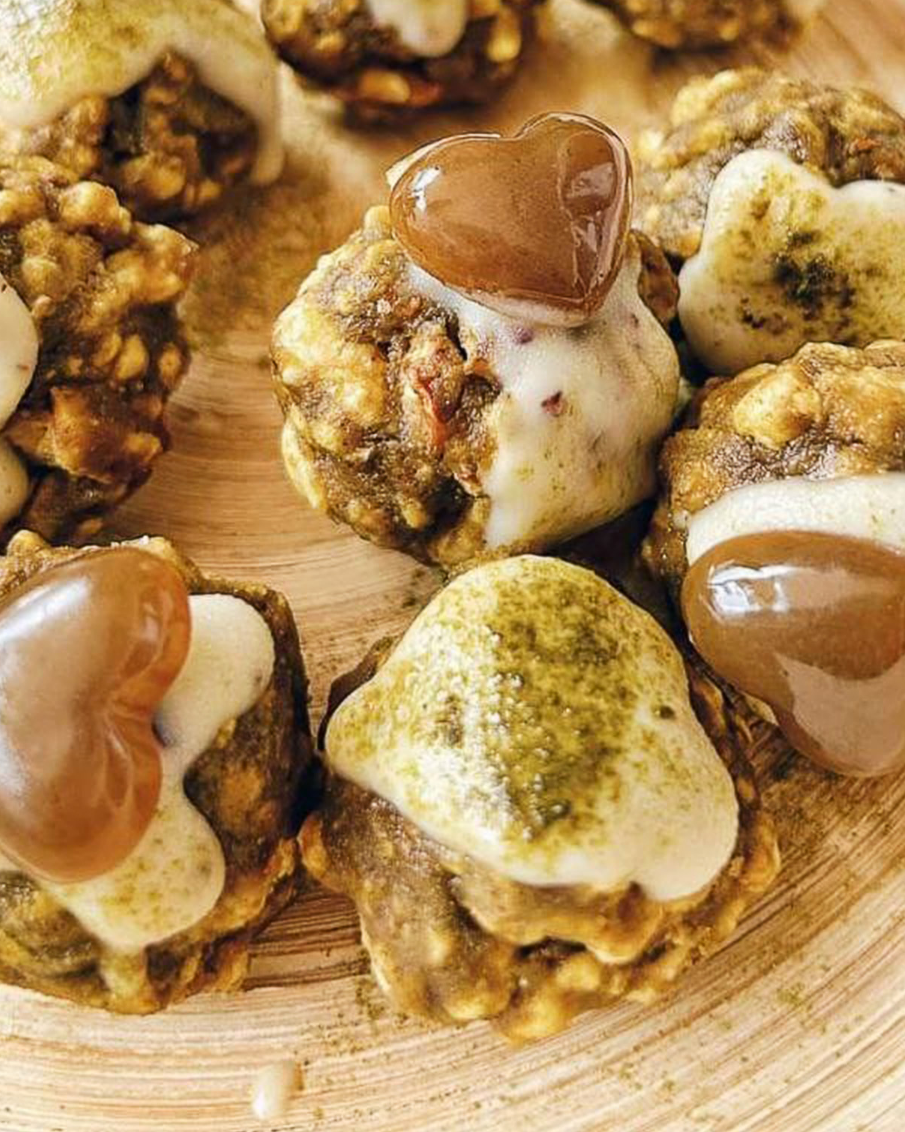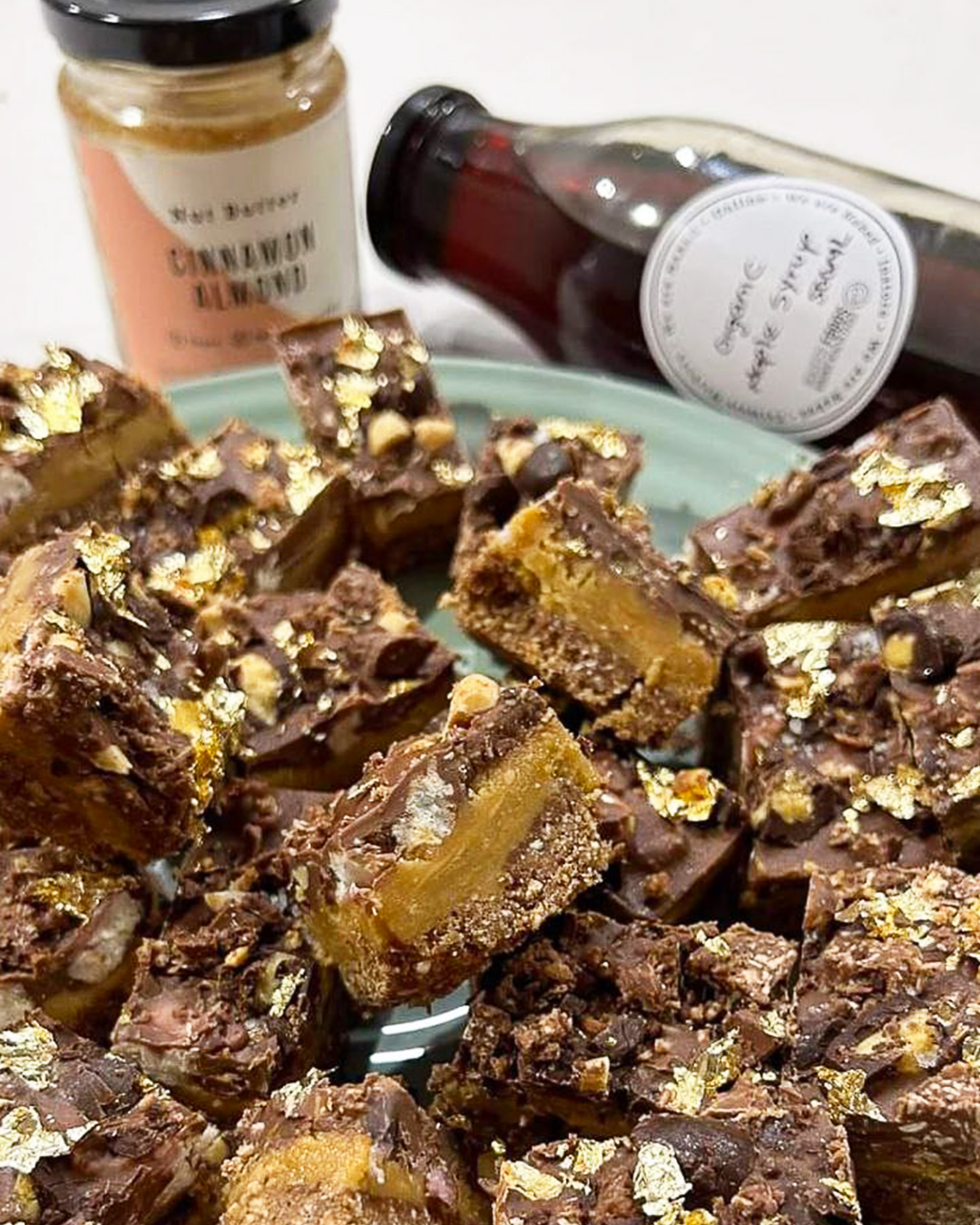Even though pasta is a popular and universally loved dish, it’s often plagued with a significant amount of misinformation and myths.
There is nothing more important than being properly informed and educated about the foods we consume and debunk any myths that are associated with them. In light of International Pasta day we are going to squash the most common pasta myths so you can enjoy yourself a nice bowl without the guilt!

MYTH 1: Pasta Causes Weight Gain
One of the longest running misconceptions of pasta is that it has a direct relationship with weight gain. It is understandable why this may be widely believed. The general belief is that carbs cause weight gain and with pasta being a carbohydrate it seems pretty self explanatory, right? Well what if I told you that all this was wrong?
Pasta scores lowly on the Glycemic Index which is a metric that ranks foods on the rate at which the body breaks it down to form glucose – meaning it causes smaller increases in blood sugar levels than other carbohydrates such as rice and white bread.
In fact – it is the pasta sauce that is the culprit here. Many pre-made sauces are packed with fats, unnecessary salt and sugar. Home-made is always the best way to go! You can control what exactly is added and fuel your body with the goodness it deserves!

MYTH 2: Pasta Has No Nutritional Value
Pasta helps formulate a solid foundation for a healthy, balanced diet. It can be used in a variety of ways and can be paired with many other highly nutritious foods such as chicken, fish, and beans etc. Besides the tastiness, pasta also offers some amazing benefits:
1. Sustained energy
-
-
- Pasta is rich in glucose which is crucial to fuel your brain and feed your muscles. It is also a complex carbohydrate, meaning that it slowly releases energy so that you avoid energy spikes generally associated with traditional sugars.
-
2. Low Sodium and Cholesterol Free
-
-
- Pasta is a perfect food choice for those who suffer from high cholesterol as it is very low in sodium and is cholesterol free. Each cup of pasta is infused with essential nutrients including B- Vitamins and Iron.
-
3. Good for a Balanced Diet
-
-
- According to the Australian Government Guidelines to Healthy Eating, it states that 35% of our daily calorie intake should be derived from complex carbohydrates such as pasta. By combining pasta along with other essential food groups such as proteins and vegetables it can help you ensure you are eating a well balanced and nutritional diet.
- According to the Australian Government Guidelines to Healthy Eating, it states that 35% of our daily calorie intake should be derived from complex carbohydrates such as pasta. By combining pasta along with other essential food groups such as proteins and vegetables it can help you ensure you are eating a well balanced and nutritional diet.
-
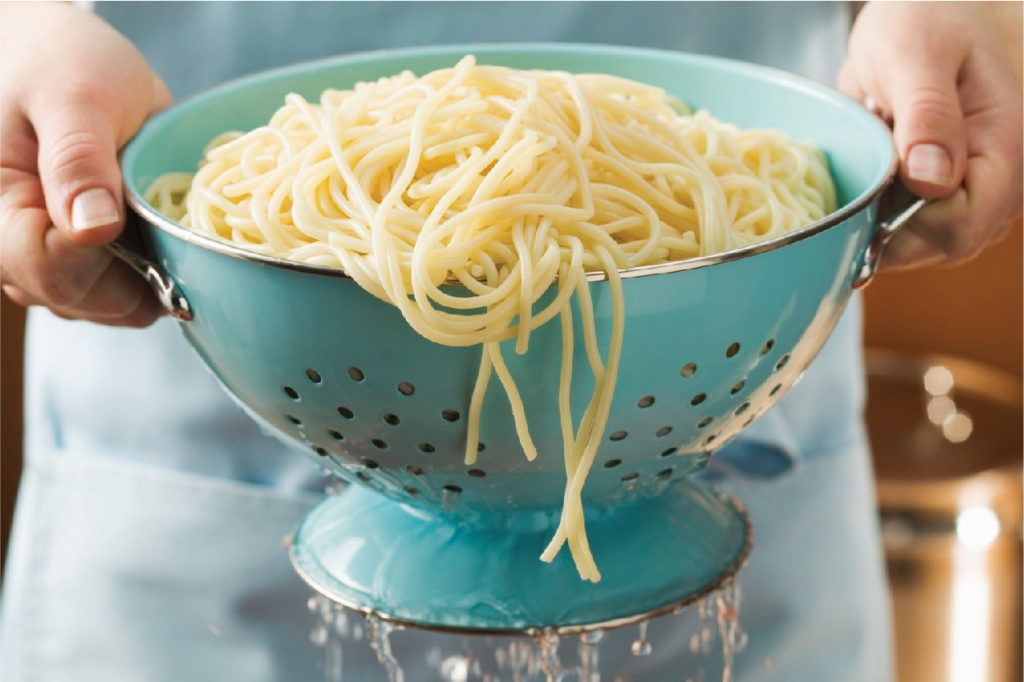
MYTH 3: Pasta Should be Rinsed with Cold Water
There is no culinary justification for rinsing your pasta, so if you want to have a nice enjoyable meal you should refrain from rinsing. Whether you think it helps cool it down, it does however cause more damage to the texture of your dish. By washing your pasta after cooking it actually removes the starch which is what helps the sauce cling to the pasta. The only time you are permitted to rinse your pasta after cooking is if you are making a cold pasta dish such as a pasta salad.

MYTH 4: All Pasta Shapes Taste the Same
This myth has some truth to it. Fresh pasta undoubtedly tastes different to dried pasta as fresh pasta often contains eggs. Although ‘technically’ all pastas taste the same if they are made with the same ingredients (unless wholemeal, gluten free pasta). However, each shape delivers a different flavour profile and are paired well with specific sauces, hence why there is such a large variety of shapes and sizes of pasta. It is important to know which pasta type/shape goes well with which type of sauce! A general rule is ‘the heavier the sauce, the wider the pasta noodle’.

MYTH 5: Making Fresh Pasta is Hard
Despite what you may think, fresh pasta is actually quite easy to make. It only involves basic ingredients that you are sure to have stored in your pantry such as flour, salt, and eggs and it will take you less than an hour to make it. To make things better, there are plenty of online tutorials to guide you on how to make some nice fresh homemade pasta! Better yet, you can find all the flour you need at Naked Foods! Whether it’s gluten-free, wholemeal, spelt, white or buckwheat – you can shop the whole collection here!
References
Clark, M. (2015). https://www.seattletimes.com/life/food-drink/making-fresh-pasta-is-easier-than-you-think/. Retrieved 22 July 2021, from https://www.seattletimes.com/life/food-drink/making-fresh-pasta-is-easier-than-you-think/.
Fitzmaurice, R. (2018). Eating pasta 3 times a week won’t make you gain weight, according to a new study — and it could even help you lose it. Business Insider Australia. Retrieved 20 July 2021, from https://www.businessinsider.com.au/study-finds-pasta-wont-make-you-gain-weight-2018-4?r=US&IR=Thttps://www.businessinsider.com.au/study-finds-pasta-wont-make-you-gain-weight-2018-4?r=US&IR=Thttps://www.businessinsider.com.au/study-finds-pasta-wont-make-you-gain-weight-2018-4?r=US&IR=Tv.
How To Cook Perfect Pasta. DeLallo. (2021). Retrieved 20 July 2021, from https://www.delallo.com/blog/how-to-cook-perfect-pasta/#:~:text=Do%20not%20rinse%20the%20pasta,dish%20like%20a%20pasta%20salad.
Pasta Myths: Myths and Facts About Pasta. Share the Pasta. (2021). Retrieved 22 July 2021, from https://sharethepasta.org/in-the-news/debunking-pasta-myths/.
The Health Benefits of Pasta – Pasta Pantry. Pasta Pantry. (2017). Retrieved 21 July 2021, from https://www.pastapantry.com.au/2017/05/16/health-benefits-pasta/.
About the Author
Gabriella is a University student studying a Bachelor of Commerce majoring in Marketing and International Business. She is passionate about health and fitness and follows a ‘semi-vegetarian’ diet – a less restricted diet fuelled with all the essential nutrients from whole foods and the occasional inclusion of selected meats. She is keen to learn how to implement sustainable measures in her life and lead a more eco-friendly life

